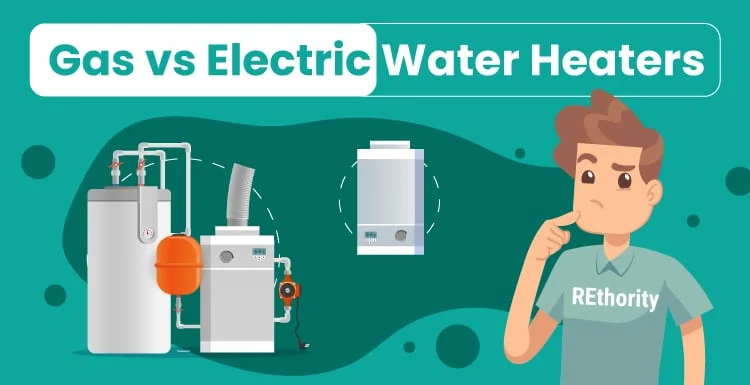Are you comparing gas vs. electric water heaters to find the best option?
If so, you’re in the right place. As a whole, homeowners are evenly split on the topic.
In fact, the water heater market is equally divided between gas vs. electric water heaters. There’s a good reason for that.
Gas and electric water heaters have their own pros and cons, safety considerations, heating capabilities, and installation processes. They differ slightly in overall cost and energy efficiency.
The best way to compare gas vs. electric water heaters is to look at each of these things side by side to see which comes out on top.
We’ll start with the basics and cover what makes gas and electric water heaters different.
By the end of this guide, you’ll be able to determine which type of water heater is the right choice for your home.
Gas vs. Electric Water Heaters: Basic Differences
Residential water heaters use a power source—usually natural gas or electricity—to heat water for household usage.
The end result, hot water, and many of the inner components are the same in both gas and electric water heaters.
But there are more differences than similarities. Let’s look at the basic differences between these two types of water heaters.
Power Source
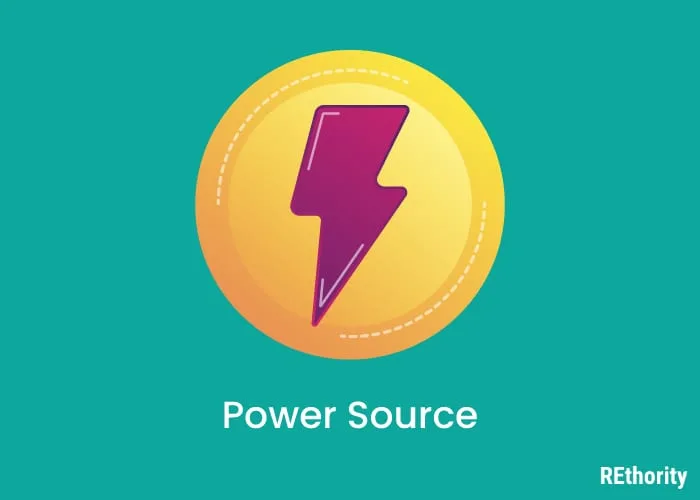
Gas water heaters use natural gas as a power source. They do not use electricity and are not plugged in, so a power outage won’t affect them.
Electric water heaters use only electricity as a power source. There is no need for a natural gas line connection with an electric water heater.
Parts and Components
Gas and electric water heaters have different parts and components. Gas water heaters connect to natural gas lines as the fuel source.
They feature additional parts that an electric water heater doesn’t, like a combustion chamber, a gas connection, and exhaust and ventilation parts.
Since electric water heaters aren’t connected to a gas line, they don’t need many of the parts and components a gas water heater does.
Performance
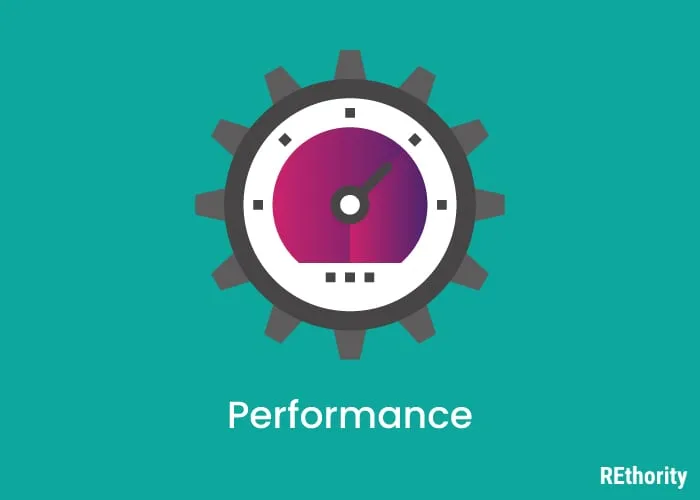
The amount of hot water a water heater can deliver is a good way to measure and compare gas and electric water heaters’ performance levels.
Overall, gas water heaters are more efficient at delivering hot water because they have higher recovery rates. The recovery rate measures how many gallons a water heater can deliver after the tank has been depleted of 70% of its hot water.
For example, let’s assume the incoming cold water that needs to be heated is 40 degrees Fahrenheit.
An electric water heater with 12,000 watts will deliver 61 gallons of hot water per hour as it actively reheats the incoming cold water to 120 degrees.
A similar gas water heater with 75,000 BTUs will be able to deliver 85 gallons of hot water per hour as it actively reheats the cold water to 120 degrees.
Method of Heating
Gas and electric water heaters use different mechanisms to heat water to the correct temperature. Electric water heaters use immersion heating elements directly in the water to radiate heat energy into the water.
Gas water heaters feature a combustion chamber where natural gas is ignited and burned below the water tank to heat the water in the tank the way a pan of water is heated on the eye of a stove.
Cost

Electric water heaters have fewer components overall than gas water heaters. For this reason, they are generally a little less expensive to manufacture than gas water heaters.
On average, electric water heaters cost about $100 to $200 less than gas water heaters of the same capacity. In general, you can expect to spend anywhere from $400 to $1,600 on a gas water heater.
For electric water heaters, expect to spend anywhere from $300 to about $1,600. Higher tank capacity, tankless models, brand, and special features add to the overall expense.
Installation Requirements
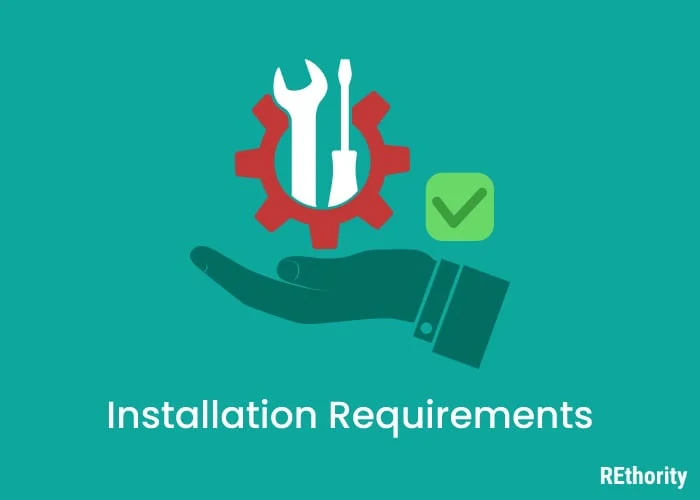
Gas water heaters have different installation requirements than electric water heaters.
The installation requirements are so different that most people opt to replace a water heater with one of the same power sources (i.e., replacing an electric water heater with another electric water heater).
This avoids the costly switchover installation and utility upgrades that must be done by a professional. For example, switching from an electric water heater to a gas water heater involves several changes.
The water heater will be plumbed and connected to your water lines the same way, but it will also need a gas line to connect to as a fuel source. A gas line may need to be run if you don’t already have one in the proper location.
Because burning natural gas as fuel creates chemical byproducts that can be dangerous, you’ll also need to have an exhaust and ventilation system installed. This sometimes means cutting into the side of your home.
Energy Efficiency
Energy efficiency differs most by the model and type of unit (tank or tankless), but gas and electric water heaters differ slightly in their energy efficiency. Electric water heaters are generally known as the more energy-efficient type.
There are two reasons for this:
- Electric water heaters don’t lose as much energy in the process of heating water (standby losses) as gas water heaters do. One reason for this is the need for a pilot light to constantly be lit on a gas water heater, which uses additional energy.
- Electric water heaters have the potential to be powered by renewable energies like hydroelectric, solar, or wind power, but gas water heaters can only be powered by natural gas.
Overall, the most efficient tankless electric models can be as efficient as 99.8% of the time. The most efficient tankless gas water heaters are closer to 93% to 96% efficient.
Annual Operating Cost

Gas water heaters are cheaper to operate annually than electric water heaters. This can vary as utility prices differ across the nation.
But, gas water heaters generally don’t cost as much to operate. This is offset by the upfront cost of gas water heaters, which is often a little higher than electric models.
Safety Concerns
Safety issues are different for gas and electric water heaters. The safety risks associated with a gas water heater include gas leaks, carbon monoxide poisoning, vapor fire, and explosions.
Safety risks associated with electric water heaters include electric shock, fire, and explosion. For these reasons, a professional should install and perform regular maintenance on your water heater, whether gas or electric.
Gas vs. Electric Water Heaters: Pros and Cons
Sometimes it’s helpful to see the pros and cons side by side to compare two options. Let’s look at the pros and cons of gas vs. electric water heaters.
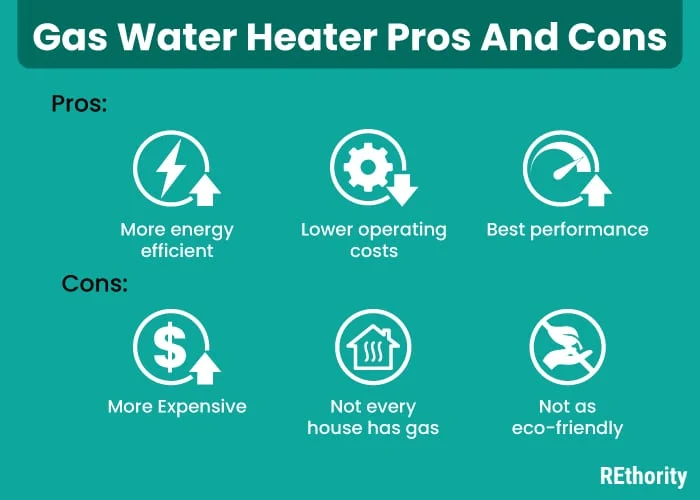
Gas Water Heater Pros
- More efficient overall, with higher recovery rates (more hot water delivery capability)
- Lower annual operating costs compared to electric water heaters
- The best option for heavy hot water usage due to higher recovery rates
- Hot water supply is unaffected by power outages, unlike electric water heaters
Gas Water Heater Cons
- Higher upfront cost than electric water heaters, about $100 to $200 more on average
- Serious safety risks can be associated with gas-powered appliances
- Not all areas have access to natural gas
- Natural gas is a non-renewable energy source, making it less eco-friendly to use
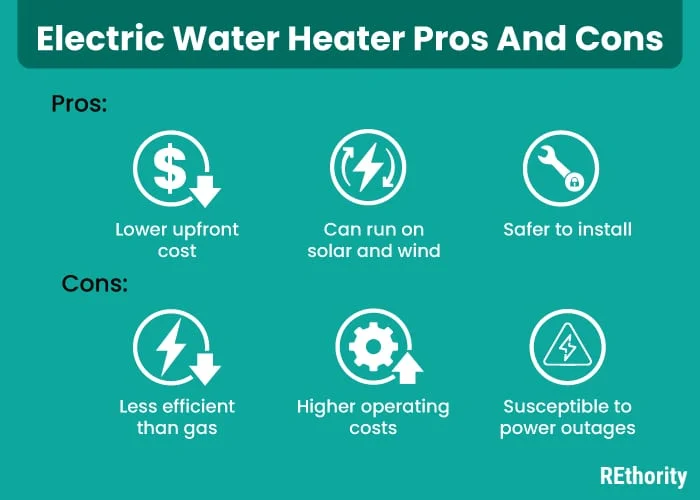
Electric Water Heater Pros
- Lower upfront cost: about $100 to $200 cheaper than gas water heaters on average
- Electric water heaters don’t require constant natural gas or propane access to work
- Can be run on solar, wind, or hydro-electric power
- There is less safety risk than gas water heaters, but shock, fire, and explosions are still concerns with improper installation or maintenance
Electric Water Heater Cons
- Less efficient than gas water heaters overall, with lower recovery rates across the board
- Higher annual operating costs than gas water heaters due to electricity usage
- Slower heating time means less available hot water at a given time
- Susceptible to power outages; if electricity is off, there’s no hot water
Choosing a Gas vs. Electric Water Heater
We’ve looked at the basic differences between these two types of water heaters and the pros and cons associated with each.
How can you choose the right type of water heater for your household?
Here are a few important questions to ask yourself to determine if you need a gas or electric water heater.
1. What Are Your Hot Water Needs?
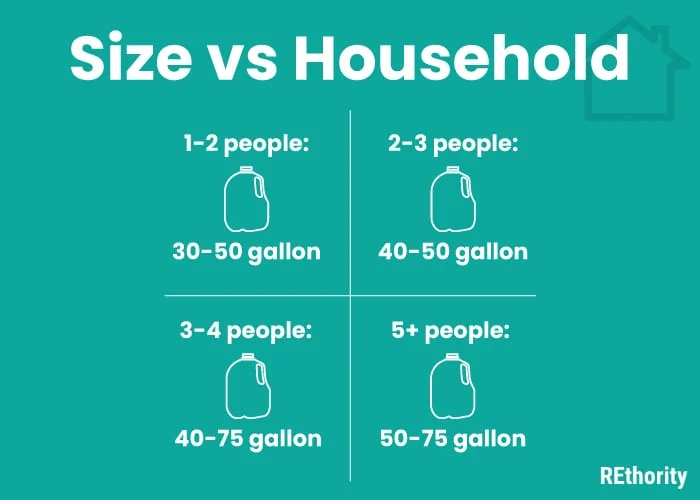
Knowing your household’s hot water needs is important to determine whether you need a gas or electric water heater. Gas water heaters provide more hot water, faster.
If you have a larger household or tend to use a lot of hot water, you should opt for a gas water heater.
But how do you know how much hot water you actually use?
Consider the size of your household and your household’s normal and peak hot water usage. Take a look at the average tank capacity (if considering a tank model) and hot water usage level for different size households.
We assume an average 30,000 BTU gas water heater and 4500-watt electric water heater for these estimates:
- 1-2 people: 30-50 gallon
- 2-3 people: 40-50 gallon
- 3-4 people: 40-75 gallon
- 5+ people: 50-75 gallon
Even though a properly sized electric water heater can technically handle a larger household or one with heavier hot water usage, the recovery rate is much lower than that of gas water heaters.
This means you may run into situations where all the hot water runs out if multiple people have showered or if the hot water has been used in multiple spots (kitchen, bathroom, laundry room) during peak usage times.
Summary: Big families and people who use a lot of hot water are better off with a gas water heater.
2. What Type of Water Heater Are You Currently Using?
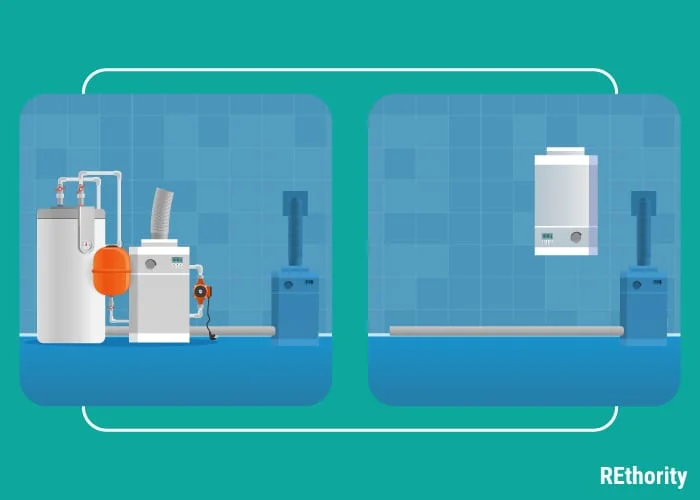
Another important consideration is your current water heater setup, if you’re not choosing a water heater for new construction.
Do you have a gas or electric water heater installed currently?
It’s simpler and more cost-effective to go with the option that’s already installed in most cases. For example, if you have an electric water heater and are thinking about switching over to gas, a lot will need to be done to make it possible.
First, are you sure that you can have a gas line run to your location?
You’ll need to contact the gas company to find out.
Second, you need to learn about your local regulations and codes regarding gas water heaters. You may be required to purchase a specific type that meets certain criteria or has safety, energy, or other certifications.
Third, you’ll need to contact a professional to install the gas water heater, connect it to the gas supply line, and install the exhaust and ventilation according to code.
The process may involve cutting through the side of your home to allow for installation of proper vents, blowers, etc.
If you’re choosing a water heater for a newly constructed home, check with the gas company to be sure they can run a line to your location before deciding on a gas water heater.
Summary: If you have an electric water heater, buy another electric. Have a gas water heater? Stick with gas. Switching from one type to another creates additional expenses and takes longer.
3. How Important is Energy Efficiency to You?
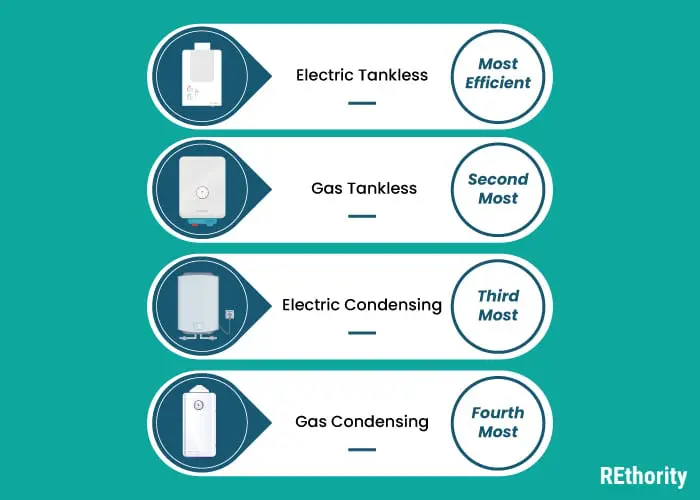
Energy efficiency is more important to some homeowners than others. If you’re hoping to purchase the most energy-efficient water heater in your budget, you’ll probably settle on an electric tankless model.
These are the most energy-efficient water heaters on the market, but there’s a tradeoff. They have a much lower flow rate than tank-style models because they heat the water on demand.
Suppose you appreciate energy efficiency and need your water heater to provide a higher flow rate than tankless models do.
In that case, you could opt for either a condensing gas (usually 93% to 96% energy efficiency rate) or electric (usually about 95% energy efficiency) tank-style water heater.
This is where things get tricky. Because there are condensing water heaters in both electric and gas, and also tankless in the same two options, you have a lot of choices.
But as a rule of thumb, tankless units are more efficient than condensing units. And electric is more efficient than gas. So a simple chart goes like this:
- Most Efficient: Electric Tankless
- Second–Most: Gas Tankless
- Third-Most: Electric Condensing
- Fourth-Most: Gas Condensing
Summary: If energy efficiency is the most important criteria for you, pick a tankless electric water heater (at least 98% energy efficient).
But if you use a lot of hot water, electric and condensing gas tank-style water heaters can both do the job while still being up to 96% energy efficient.
4. Are You Trying to Lower Your Annual Energy Costs?
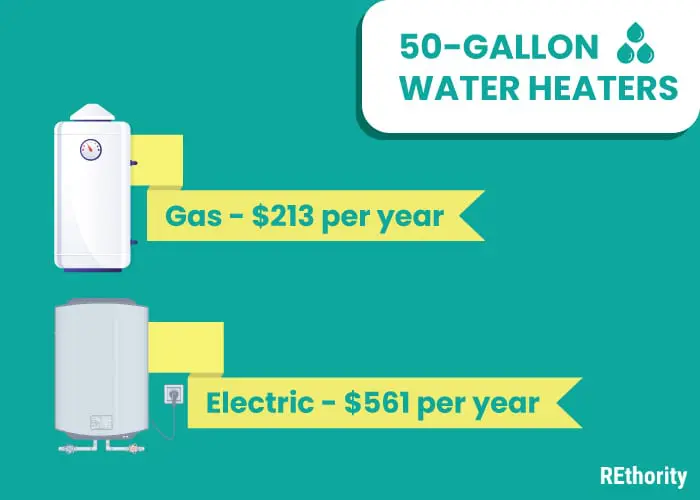
Contrary to popular belief, energy efficiency and annual energy costs are not the same thing. Energy efficiency just means it’s better for the environment. But that can end up costing you more money to run the unit.
For example, if you’re trying to lower your annual energy costs altogether but don’t want to sacrifice hot water to do it, you’ll probably be looking at a gas water heater, which is less energy-efficient than its electric counterpart.
Annual operating costs of gas water heaters are about 1/3 of the cost of operating an electric model. An electric tank-style water heater is the most expensive water heater you can operate in terms of energy costs over a year.
To illustrate this, we turned to the state of Maine’s energy efficiency calculator, which says that the annual energy costs for a household is about 50 gallons of hot water per day.
That’s multiple showers, dishwasher and faucet use, plus loads of laundry. A natural gas tankless water heater would cost about $159 to operate all year at this rate.
A gas storage (tank) model’s energy costs would be about $213/year. An electric storage (tank) water heater would cost $561 to do the same thing less efficiently.
Which Is Better: Gas or Electric?
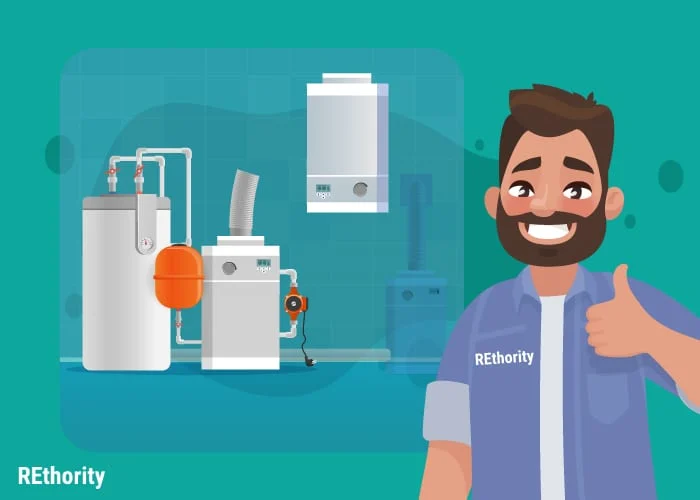
So, what’s the final word on gas vs. electric water heaters?
Overall, natural gas water heaters seem to be the top choice. They cost a little more upfront to buy, but not much (just a hundred bucks or so more).
They’re reliable, aren’t susceptible to power outages, and cost less to operate annually. They deliver more hot water, so you’re less likely to face a sudden cold shower.
But they’re limited to households with access to natural gas, come with additional safety risks, and use a non-renewable energy source to operate.
Electric water heaters can be very energy efficient (tankless models are more so) and are less expensive upfront. They have fewer safety risks but still pose the risk of shock, fire, or explosion.
They can be run on renewable power sources like solar, wind, or hydroelectric. But they cost hundreds more to operate annually, don’t deliver as much hot water as quickly, and stop working entirely if there’s a power outage.
Consider the type of water heater you already have installed (if you do) and weigh the pros and cons before making your decision. Gas and electric water heaters do the same thing—heat water to at least 120 degrees for use—but they differ in many ways.
From their power source to their installation requirements, they are quite different. If in doubt (and if you have access to natural gas), you’ll likely be happy with a natural gas water heater.

